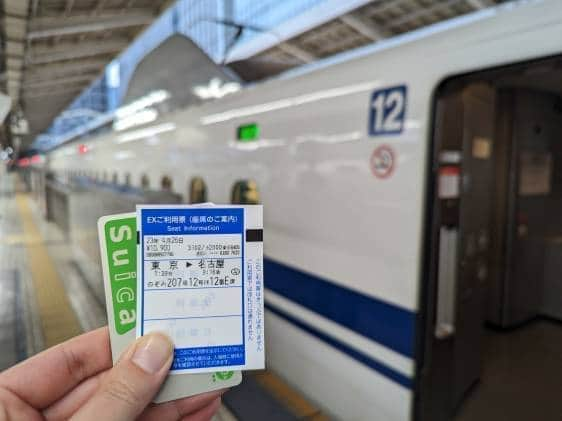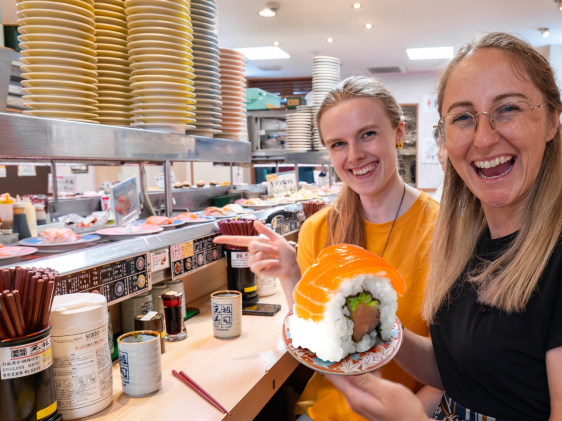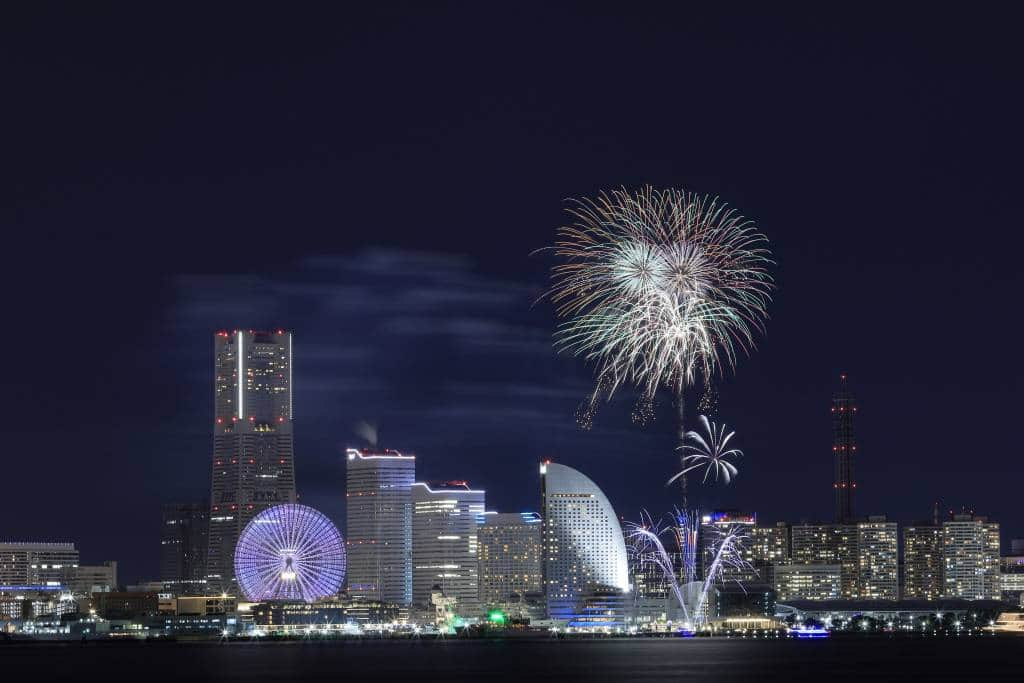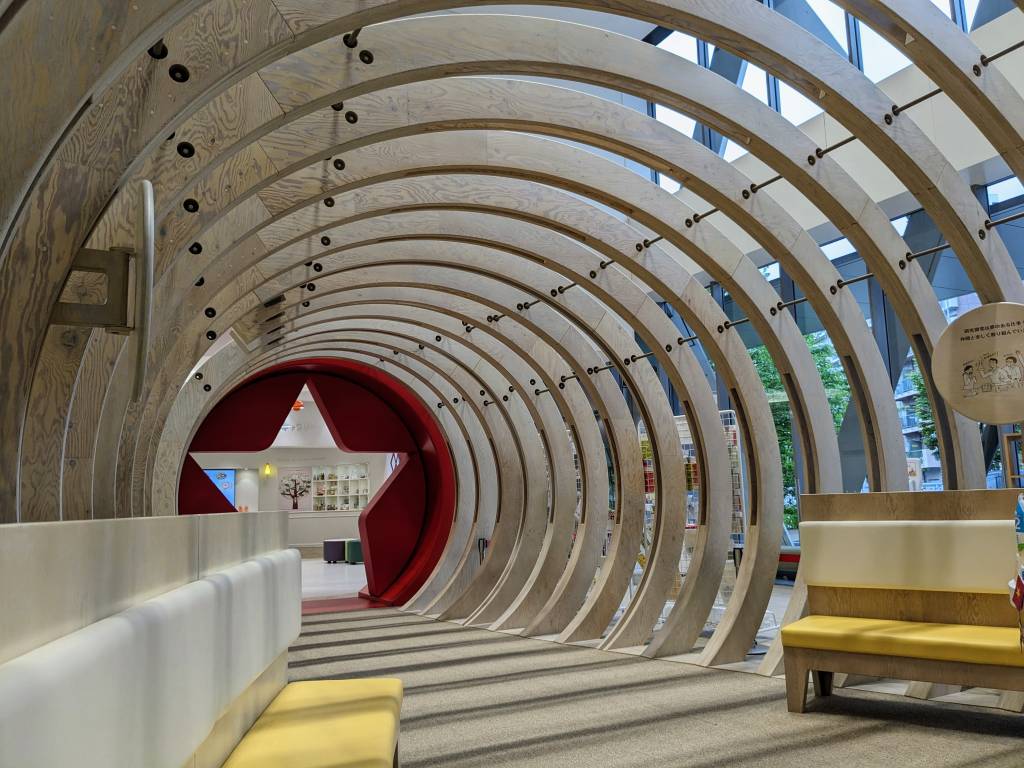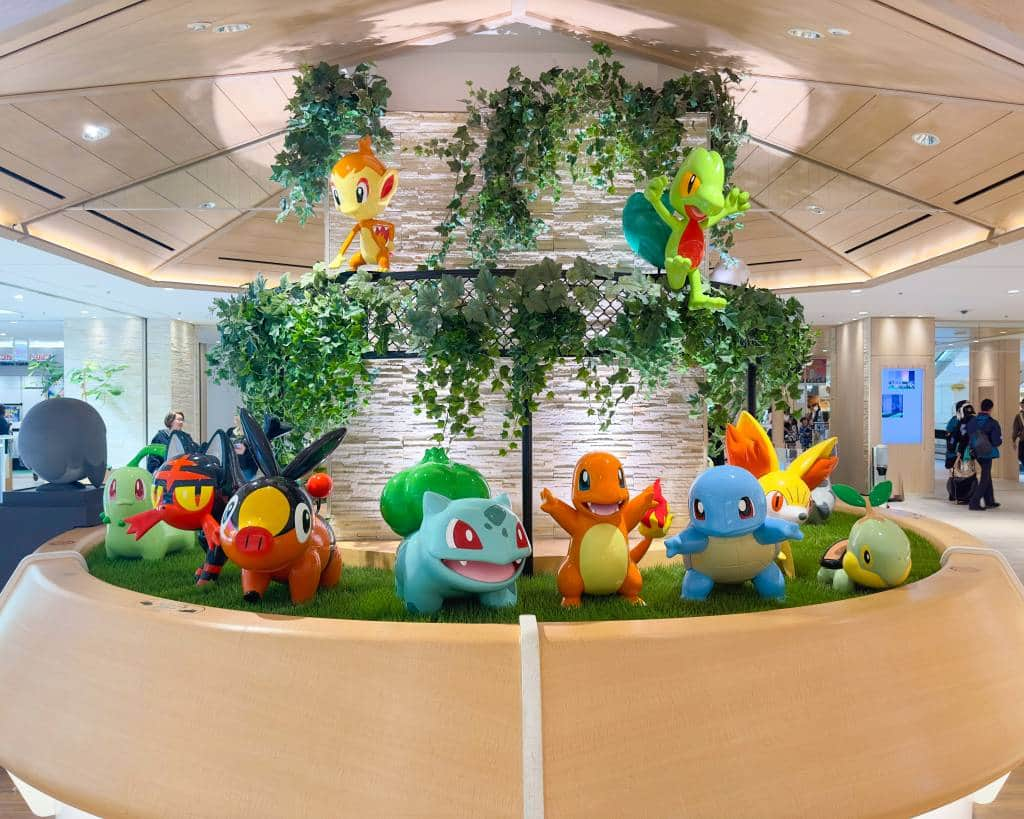If you’re thinking about making a trip to Tokyo, you’re probably wondering how much that’s going to cost you. After all, it is said to be one of the most expensive cities in the world—so what amount of money do you need to set aside? We’ve done a breakdown of how much you need to budget, as one person, for seven days in the capital city, with different options for accommodation, food and things to do. If you’re planning a shorter trip, you might want to check out our guide to spending 3 Nights in Tokyo on 10, 359 yen ($US90).
We’re not going to cover ways and means of getting to Tokyo from other parts of Japan and abroad—we’ll leave that to you. We’re also not going to factor in the trip from Narita or Haneda airport to the city center, as we’re not sure how you’ll be getting yourself here. You might be arriving by parachute or swimming over from South Korea, for all we know. Instead, let’s start with accommodation.

Bunking down
Your options are detailed in this helpful guide, which includes regularly updated accommodation specials. Basically though, your choices are budget and slightly bigger budget.
Budget: You can crash at a capsule hotel, which will set you back between 2,200 and 6,000 yen a night, but they average out to the same price as many hostels, minus perks like not having to check out and check in again every day, and having an actual bed (as opposed to a container reminiscent of a morgue drawer).
Hostels like Khaosan World in Asakusa have rooms starting from 2,000 yen, while the average hovers around the 3,000 yen mark. It’s safe to use the latter in your calculations.

Slightly bigger budget: For older cheapos who are over the communal vibe of hostels, hotels are a better option. Prices start at 6,000 yen and go up, up and up—all the way to the 40,000 yen a night mark and beyond. For the purposes of this guide, let’s go with 7,000.
You can also find AirBnB rooms in both the budget and slightly bigger budget categories—even in an ultra budget range. Rooms start from $8 a night (and yes, they are actual rooms).

Once your resting place is sorted, you’ll be wanting to explore the metropolis. Only the extremely aged and extremely wealthy take taxis around Tokyo; as a cheapo, you’ll be using a combination of trains and legs. Buses are also an option, but unless you are a pro at Japanese, we recommend avoiding them as they can be confusing, and the timetables can be a bit shifty too.
Moving around

Tokyo is well served by a complex network of private and public trains and subway lines. A number of day passes and discount tickets are available, such as the 24-hour Tokyo Metro Pass for 600 yen, and the Tokyo Metropolitan District Pass for 750 yen. These allow unlimited rides on designated lines (you just need to check that they are on your route).
To err on the side of shoestring budget caution, we suggest setting aside 1,000 yen a day for your transport needs. If you want to do trips out of the city, expect to pay extra.
To work out exactly how much and how long a trip will run without a discount pass, you can play around on Hyperdia or Jorudan. They give fares and routes, as well as instructions on transfers—and trust us, there will always be transfers.
If you’ve got a JR Rail Pass, you’ll only need to worry about tickets for non-JR lines (truth: that means most of the trains in Tokyo).

Extreme cheapos can save themselves extra yen by using this handy map of the Tokyo subway system by walking times. To read more about Tokyo’s transport, have a glance at our guide.
Filling your belly
You’re going to be in Tokyo to experience Tokyo, amirite? We’re assuming you would rather not pack a week’s worth of sandwiches or bring nothing but packets of instant noodles with you, but want to sample some of the food that Tokyo, and Japan as a whole, is famous for.
First things first, let’s talk breaking the fast. The morning meal should be included in your accommodation; if not, they can generally add it in for around 350 yen, or direct you to the nearest coffee shop that will charge no more than 500 yen. You can also always dash to a convenience store and pick up a rice ball or pastry and coffee for 250 yen or so.
We’re going to exclude breakfast, and focus on how much you’ll need to set aside for lunch and dinner.

Lunch is the best time of day to eat out in Tokyo, as most restaurants have lunch specials for under 1,000 yen. These get you a main, drink and sometimes even dessert. You can even dine at Michelin-star establishments for a fraction of their dinner prices. The golden rule in Japan is posh lunch, cheap dinner.
While it is eminently possible to chow for 500-700 yen (curry, ramen, sushi and tempura are all very affordable options), we’re going to allow 1,000 yen for lunch, and another 1,000 for dinner. If you choose your face-stuffing spots carefully, though, you won’t spend all of that—you’ll have at least 500 yen change. Keep that, and use it on fun activities/shopping/the stock market/our eBook.
Have a look at our food pages for meal ideas.
Doing the things
But you’re not just coming to Tokyo to sleep, ride trains, and scoff. You’ll be wanting to see and do all the things!

It’s possible to find something to do every day in Tokyo without having to fork out any monies. Major sightseeing spots like Meiji Jingu next to Yoyogi Park and Sensoji Temple in Asakusa are free, as are most parks and most neighbourhood shrines. A lot of Tokyo activity involves window-shopping and walking, which is where our tailor-made self-guided tours come in handy.

You can also peruse our mega list of 101 Cheap and Free Things to Do in Tokyo for ideas. Since you might want to visit the odd museum, art gallery or another type of attraction that requires an entrance fee, let’s budget roughly 1,500 yen for every two days—for a grand total of 5,000 yen for the week.
We’ll leave shopping up to you. You can go wild at the 100-yen store, snaffle shower caps and so on from your hotel, or look at these ideas for souvenirs to appease your loved ones who are not in Tokyo.
Summary
Budget
Accommodation: 3,000 yen per night x 7 = 21,000 yen
Transport: 1 000 yen per day x 7 = 7,000 yen
Food: 2 000 yen per day x 7 = 14,000 yen
Activities: 5,000 yen
Total damage: 47,000 yen
Slightly bigger budget
Accommodation: 7,000 yen per night x 7 = 49,000 yen
Transport: 1,000 yen per day x 7 = 7,000 yen
Food: 2,000 yen per day x 7 = 14,000 yen
Activities: 5,000 yen
Total damage: 75,000 yen
Remember that we’ve been fairly cautious in our budgeting, so you’re likely to come out with some change for the vending machines, or maybe even a day trip out of Tokyo.
**At the time of writing, the exchange rate was 103 yen to 1 $US. Check xe.com before working out your final budget. Also note that Japan has a consumption tax rate of 8%, and this is often excluded from prices displayed on websites. So to be safe, we recommend taking your total and adding in an extra 10%.**





